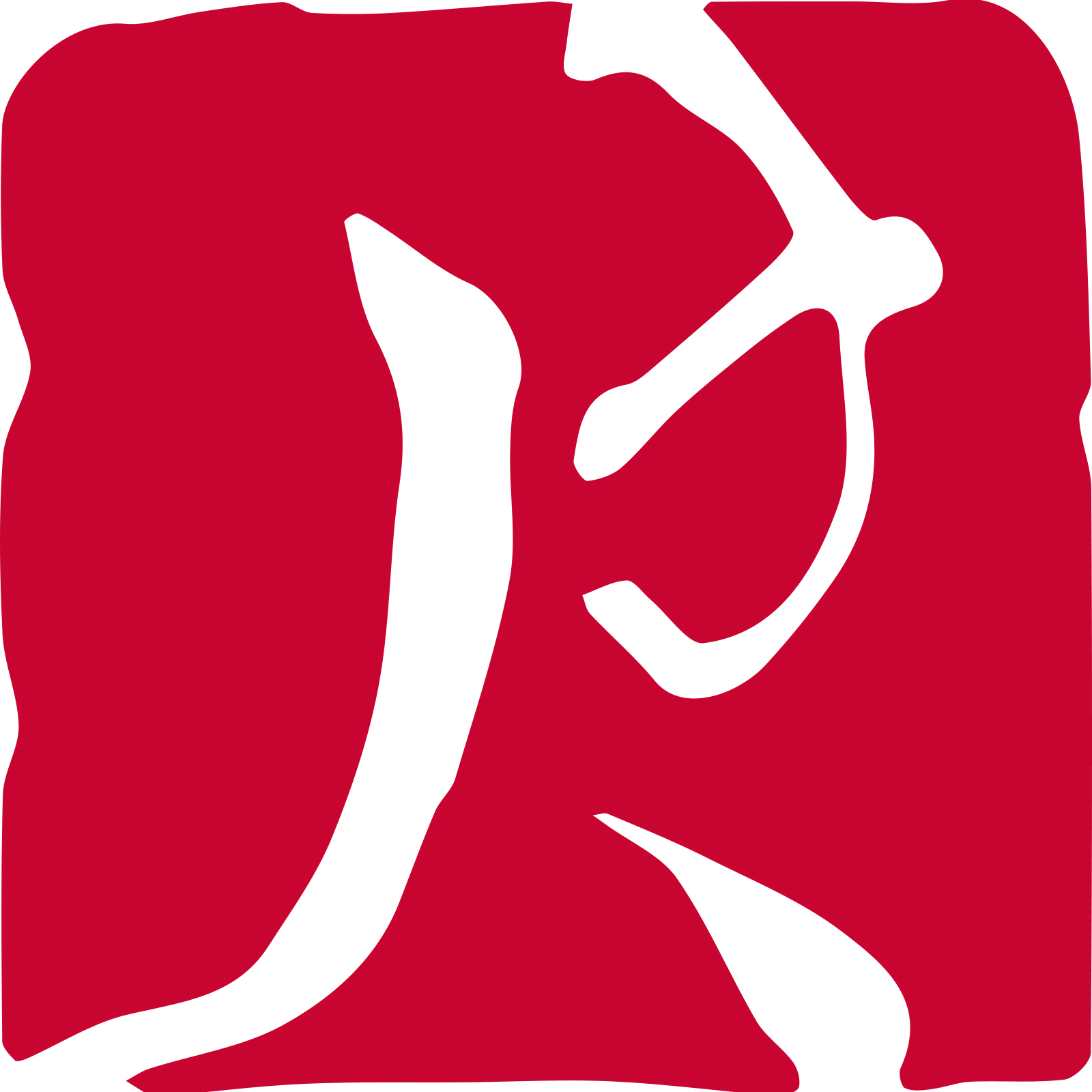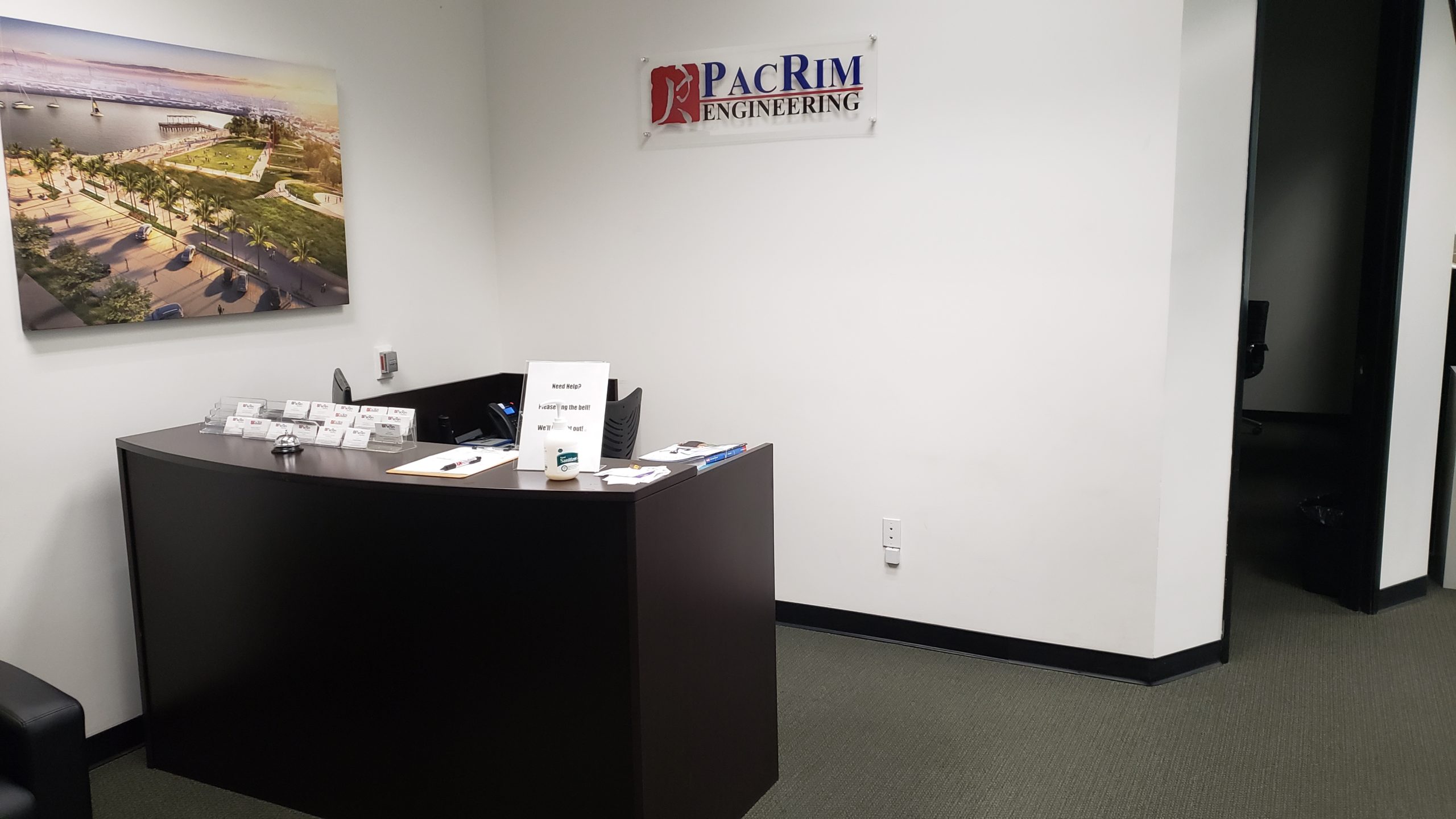PacRim’s Principal Opens Up About the Firm’s Experiences with the 2008 Financial Crisis and the Ongoing 2020 COVID-19 Pandemic
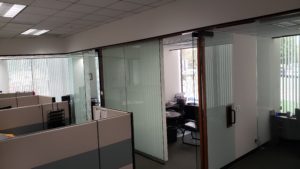 It was the first week in September, and PacRim Engineering’s staff was diligently working from home. Despite the drastic evolution in the work environment, everyone had managed to continue the firm’s business functions and services in these unprecedented times.
It was the first week in September, and PacRim Engineering’s staff was diligently working from home. Despite the drastic evolution in the work environment, everyone had managed to continue the firm’s business functions and services in these unprecedented times.
Reflecting on the enormous anxiety around the growing COVID-19 pandemic six months ago, Peter Liu, PacRim’s principal, was pleased with how the firm has responded. “We have done well for the past six months,” he said. “We must focus on its sustainability until we can all return to the office.”
Back in early March, he was reading and listening to news outlets reporting the first COVID-19 cases in the U.S. He was already thinking about the potential disruption to businesses and the uncertainty of it all, just as what he had experienced during PacRim’s infancy over a decade ago; it was like déjà vu. He said to himself, “We’ve got to act quickly”.
Peter, along with his business partner Roy Kim, founded PacRim on November 9, 2007. Initially, they only had a handful of employees at their Anaheim office. On late nights, they could hear fireworks from nearby Disneyland – quite befitting of their excitement for the firm’s future. However, the 2008 financial crisis soon hit, testing their resolve.
It was due to their actions then that PacRim weathered through the crisis, and by 2011, the two knew for certain that their start-up had survived.
In the past few months, Peter believes they learned some invaluable lessons when PacRim survived the 2008 financial crisis.
With PacRim starting off as a very small business in the engineering consulting industry, Peter realized that it was very important to combine his technical and business acumen when considering the process of business growth. “You can’t just be an engineer, and you can’t just be a businessperson,” he said. “You have to marry these two distinct skill sets and formulate strategies and tactics to adapt and adjust to the real-time business environment in the industry.” This mindset would eventually form the basis for his “on the move” mentality during the COVID-19 pandemic.
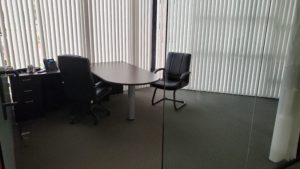 Today’s PacRim is a testament to that mentality, having grown to four offices with several dozen employees over the course of nearly 13 years, despite world economic setbacks. “We have been expanding our technical capacity, qualification, and experience to serve multiple sectors in the industry,” he continued. “It has been our goal to provide the best technical services we can as an organization, and we continue to do that.”
Today’s PacRim is a testament to that mentality, having grown to four offices with several dozen employees over the course of nearly 13 years, despite world economic setbacks. “We have been expanding our technical capacity, qualification, and experience to serve multiple sectors in the industry,” he continued. “It has been our goal to provide the best technical services we can as an organization, and we continue to do that.”
However, he recognized that those things alone were not enough to address unique circumstances: the 2008 financial crisis and the ongoing pandemic.
“We found advance planning crucial to success,” he said. “For example, having an established long-term banking relationship is crucial to ensure access to adequate working capital when everything around you seems to be falling apart.” He recommends that any small business, particularly new ones, establish that relationship. “We need to be very quick in terms of expenditure and investment decisions according to the environment and depending on receivables, revenue trends, and expense trends.” He believes it is imperative to make quick these financial decisions, to have what he describes as “a decent runway to maintain our business system.”
There are, most importantly, the people at the firm. “In the long-term sustainability of a successful organization, it’s about the company’s organizational culture,” he said. “[We’re] a ‘cultural’ firm. It’s about the people who reside at the company and where collectively we want to take the company forward.” During and after the 2008 financial crisis, PacRim undertook considerable effort to rebrand and reshape the company image, emphasizing teamwork and community over the traditional hierarchical structure. Peter believes these changes have helped his employees to band together during the current pandemic, ensuring that each team member is able to work effectively in a remote setting that is typically conducive to many distractions.
When he met with PacRim’s executive leadership team in early March regarding the pandemic, Peter was ready to implement the lessons he had previously learned. “The first thing I said to our management team was: How do we get ahead of [this pandemic] for the health of our people? The second was: How do we maintain our workplace to sustain our firm while not knowing what’s going to happen?” Asking these questions greatly shaped the planning process, even though they could not fully predict the impact that the pandemic would have.
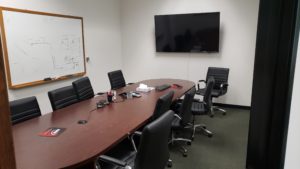 First and foremost, they had to keep their employees and their families safe. “We decided to work from home pretty early, before the government recommended so,” he said. Regarding the work-from-home period, they planned for two months but decided to be conservative no matter what. Even six months later, the policy is to remain conservative.
First and foremost, they had to keep their employees and their families safe. “We decided to work from home pretty early, before the government recommended so,” he said. Regarding the work-from-home period, they planned for two months but decided to be conservative no matter what. Even six months later, the policy is to remain conservative.
In developing their work-from-home plan, they were in close dialogue with industry colleagues, clients, and government agencies. They wanted to see how everyone else was doing and what the firm had to do to make this work-from-home situation efficient and productive.
As they developed the plan, they identified the steps that everyone would have to take. “We needed to quickly reshape the infrastructure so that we can be functional while working from home and maintain our communication protocol to support the new business processes, both internally and externally,” Peter said.
On the business side, PacRim took steps to raise funds. “We were very aggressive to go through all channels to raise capital: from banks, to private entities, to collections, … [anything] available to us,” Peter added.
PacRim’s “on the move” mentality has also enabled steady growth despite COVID-19 setbacks. While many companies have attempted to hunker down and weather the pandemic, PacRim has been moving forward, pursuing projects and hiring staff. “We have also been very aggressive in continuing business marketing and project execution,” Peter said. “The results are good. During the pandemic, we’ve hired several new employees, starting them working from home, because of our increased backlog; we started a new office in Florida because of upcoming opportunities; and we continue providing our current clients with high quality services.”
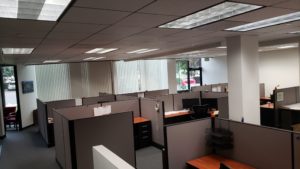 As for a return to the offices, he believes it is too early to determine that. “I think it’s going to take longer for us to return,” he said. “Even if the COVID-19 vaccine comes in by end of the year, it’s going to take a little while for it to be widely administered.”
As for a return to the offices, he believes it is too early to determine that. “I think it’s going to take longer for us to return,” he said. “Even if the COVID-19 vaccine comes in by end of the year, it’s going to take a little while for it to be widely administered.”
He has already identified the effects that this pandemic will have. “From a business standpoint, fatigue is going to be a critical factor. This sustained separation is an unforeseen difficulty to conducting business because if people are apart, it’s tougher to maintain efficiency and all that.”
“This is an organization with a number of people, so individually, we all reflect a different impact [that the pandemic has],” he continued. “Some people are more vulnerable than others, and some people are less. It’s like a mini-society, and we are conscious of that and sensitive to that kind of dynamic inside the organization. We’re helping everybody march with the same wavelength and communicating with the staff in that fashion.”
In his closing thoughts, Peter said, “Regardless of how this pandemic will resolve itself, I am confident that PacRim is situated to prosper during the pandemic and beyond.”
